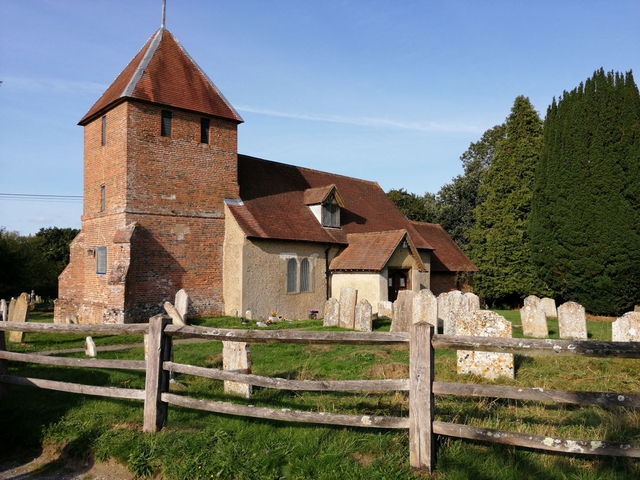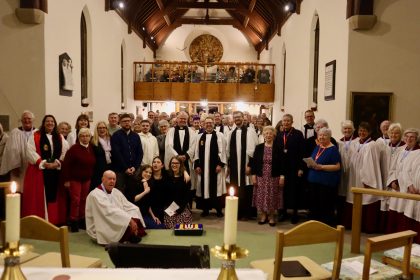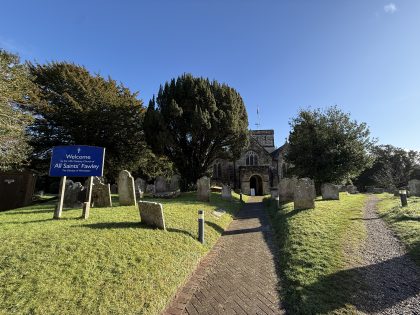Churches across Hampshire and East Dorset have been ranked as the “most responsive” in their emissions reporting, recently published Church of England data has found.
In an annual survey of churches’ energy consumption, churches from the Diocese of Winchester produced the highest volume of responses, with 58% submitting information.
The survey of 3600 churches has also revealed that one in 14 (7%) Church of England churches are now reporting “net-zero” carbon emissions – an increase of more than 50% from the previous year (4%). These results, which were published on Monday, are encouraging and follow on from the Church of England’s commitment to achieving net-zero carbon emissions by 2030. The Energy Footprint Toolkit (EFT) is a key part of achieving this aim, providing the public and the General Synod an accurate and transparent means of monitoring the Church’s progress in achieving this aim.
In her foreword to the report, The Right Reverend Debbie Sellin, Bishop of Southampton said:
“As Christians we have a collective responsibility to care for God’s creation and work together across communities and nations to tackle the climate crisis.
“We can all make a difference, and so I am very proud of the efforts that are being taken in parishes throughout our Diocese to turn the tide on climate change. Every church counts, as does every action.
“I would like to thank churches across the Diocese of Winchester and the Church of England for their continued determination and faith. By caring for the world around us we are living out an essential part of our duty as Christians to love our neighbours and follow God faithfully.” In June the Diocese of Winchester launched its Net Zero Strategy, with the target of reaching net-zero emissions by 2030. Participation in the Energy Footprint Toolkit is one of many initiatives churches across the diocese are taking part in to achieve this goal. Other work undertaken by parishes has included the installation of solar panels on church property and adopting renewable energy tariffs.





